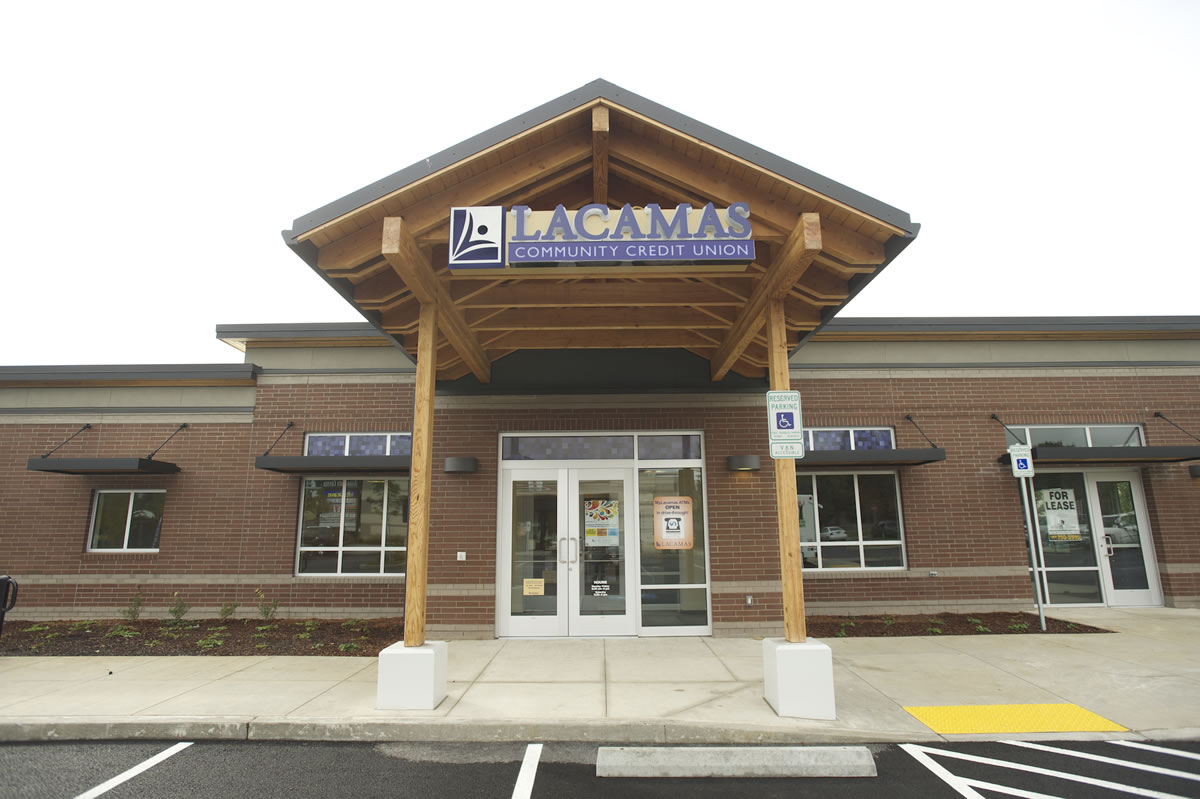Two of Clark County’s most familiar credit unions have agreed to join forces with a merger that will create a single financial institution with 67,000 members and nearly $700 million in assets.
The announced merger of iQ Credit Union, based in Vancouver, with Camas-based Lacamas Community Credit Union will create a new credit union with 15 branches well-positioned to serve customers across Southwest Washington, leaders in both organizations said. The two credit unions announced their agreement on Wednesday, saying the impending retirements of chief executives of both institutions created an ideal opportunity for the merger.
“The timing just seemed to come together,” said Roger Michaelis, president and CEO of iQ Credit Union, who intends to retire at the end of this year after 28 years at iQ. The credit unions hope to complete the merger by July.
The combined institution will have 240 employees, including 180 from iQ and 60 from Lacamas. Credit union leaders say no jobs will be eliminated as part of the merger, although some jobs will change.
“We are going to need all the people we have to pull it off,” said Kathleen Romane, president and CEO of Lacamas Community Credit Union, a 38-year industry veteran who plans to retire in July.
Lacamas was chartered in 1936 and iQ dates its roots to 1940. No name has been selected for the combined credit union, but the iQ Credit Union name will be used until a decision is made on a permanent name. Officials with both credit unions said they will hold meetings this spring for members to discuss the merger and related issues.
While credit union mergers are far less common than bank consolidations, they are driven by some of the same forces: stiff competition from other financial institutions, explosive growth of online and mobile banking that is costly to implement, and the increased cost of compliance with a new wave of government regulations.
Michaelis said his credit union has discussed merger possibilities on and off for about a decade, but the heightened federal regulatory burden added urgency to the discussions. The federal government increased oversight as a result of abuses in the financial industry that contributed to the nation’s financial meltdown late in the last decade, and those regulations are affecting credit unions that did not engage in the misdeeds of that era, he said.
The combined credit union will have a geographic spread that Michaelis says will largely serve the Southwest Washington region. Currently, iQ Credit Union is geographically situated primarily in Vancouver and communities to the north while Lacamas, which has its roots as a credit union for mill workers in Camas, is focused heavily in east Clark County. IQ, with six branches, has 50,000 members while Lacamas has 17,000 members.
The combined credit union will still be smaller than Columbia Credit Union, which has about 79,800 members and $943.4 million in assets. Michaelis said he expects leaders of the merged credit unions to continue to look for growth opportunities outside Southwest Washington.
The credit unions have strong, loyal followings. Originally formed to serve employees of a specific business or profession, the credit unions are structured to serve people who sign up as members, not customers. Their focus is on serving households and small businesses, although both iQ and Lacamas, like most credit unions, have greatly expanded their services in recent decades.
During and after the financial meltdown that was triggered in part by financial abuses in the banking industry, credit unions were able to market themselves as a local, financially responsible alternative to banks.
Michaelis said the merger will help the two Clark County credit unions compete more effectively in a fast-changing financial environment.
“Both are very strong financially,” Michaelis said. “Consolidation of strong institutions will make them stronger.”




